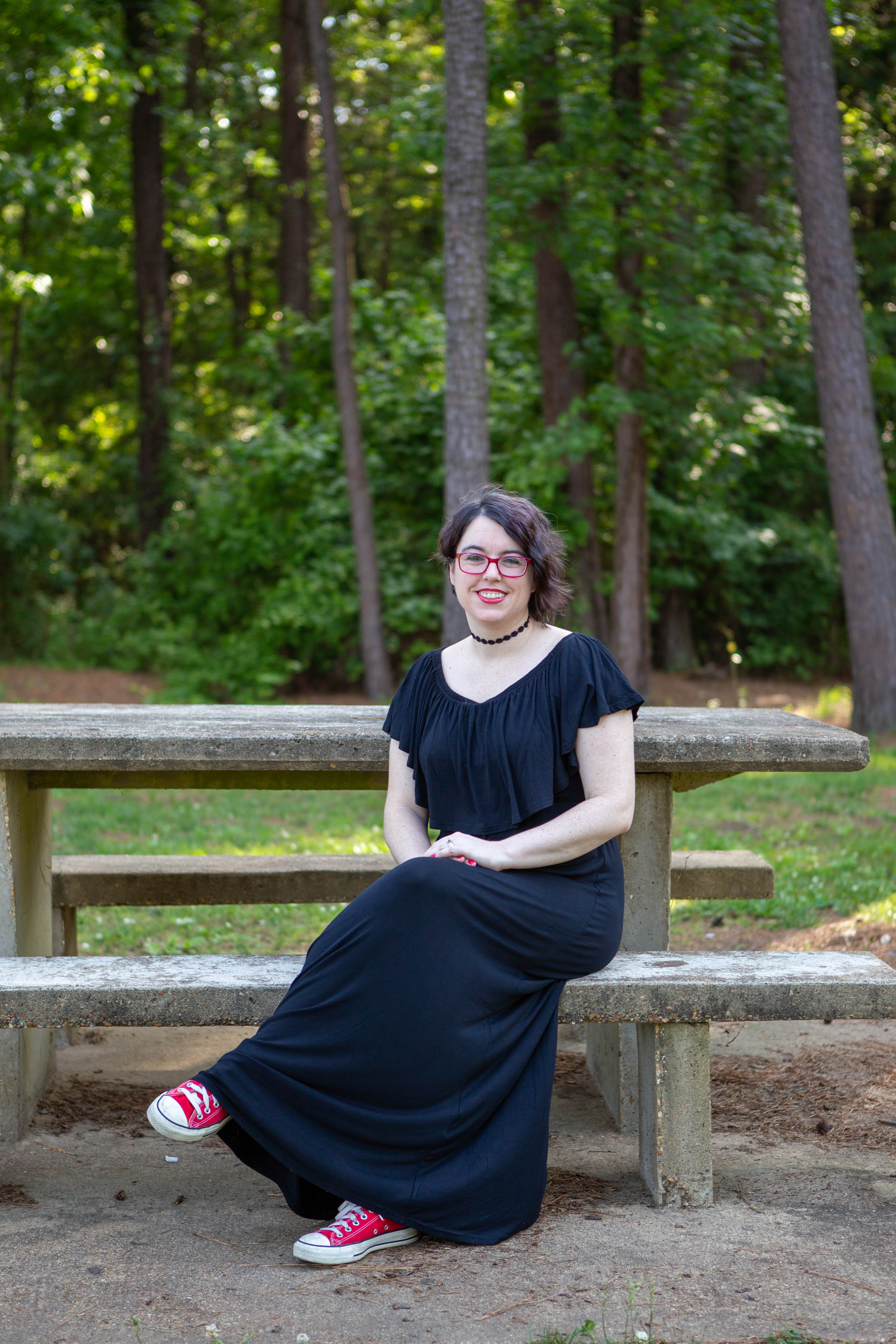Four cultural (and amusing!) lessons from surviving the first month in Egypt:
Cultural lesson #1: Expecting a cohesive cultural norm system is unrealistic.
As an American woman, making preparations to go to the Middle East is like eating a soup sandwich: full of contradictions, awkward, and it just kind of falls apart.
One would think that with how many tourists there are, there would be some official website that says: “Women should wear this. Men should wear this. Try not to do these things, A, B and C. Have a nice trip!”
As it turns out this is not the case at all, and everywhere online people say different things. For example, I was worried about what to pack, and these are some things I read over the course of my preparation:
- All women should wear a veil to be respectful to the Muslim faith
- Women who are not Muslim should not wear a veil, because it is disrespectful to the faith
- Wear baggy clothes
- T-shirts are fine
- T-shirts are not fine, Long sleeves only
- Shirts with lace or sheer fabric are “Haram” and frowned upon.
- Sheer fabrics are a new trend in Egypt
- No one cares what Americans wear, because they’re foreigners
As you can guess, I was really confused. The only consistent piece of advice was that women should not wear shorts. I didn’t want to walk off the plane and be stared at, or even worse, offend people in my host country. So, me (and as it turns out, most Americans that came with my program) packed any and all clothes that made us look like old women.
As I started to venture out my first weeks here, I saw everything from niqabs (nothing but the eyes showing) to tank tops and American eagle skinny jeans. It was then that all of the nonsense online started to make sense: Everyone’s advice is different, because every person comes from a different part of the Middle East. What we wear is largely dictated by social expectations, and social expectations stem from cultural norms. I knew that the culture in each country would be distinct, but I expected there to be at least some overarching themes for the Middle East in general. So far I’m still looking. Every Middle Eastern nationality is hugely different, and has not only its own dialect, but its own traditions, way of dress and quirky traits.
Dress code is no exception, and can even vary by neighborhood. For example, I live in a town where there are a lot of embassies, so residents are used to seeing people walk around in tank tops and skinny jeans. In Tahrir square, you would be harassed to no end wearing that. In the beach towns, you can wear a bikini and no one blinks. Anywhere else, that is insanity.
The ultimate advice is just to wear what makes you comfortable. Be respectful. Gauge what the others around you are wearing, and its better to have more on and be able to take it off, than to have less on and be stared at. Actually, that is good advice for everything in the Middle East; Be vigilant, and try to fit in. If you’re worried, just ask, because people are pretty nice!
A few other things I’ve discovered:
Lesson #2) Don’t try to give someone a hug to say hello
This may seem obvious, but when you’ve known a friend for a month and you run into them, its a very natural thing to get excited and run up to give someone a hug. Huge mistake, because sometimes even handshakes can be awkward. Women don’t give hugs to men. Actually, depending on where you are located, its frowned upon for women to touch men at all, be it a hug, handshake, or sometimes even so much as eye contact. It doesn’t matter if it’s a family friend, your uncle, or even your husband. It seems like this varies though, as with everything else in Egypt.
Lesson #3) When driving, pretend you’re playing bumper cars and you’ll be less scared.
There’s no such things as traffic lanes. There is one big road that works like a go-cart race track, and although there are lines they don’t mean anything. Actually, it seems a lot of people like to straddle the lines while driving. Additionally, on a road, if your car runs, you’re good to go. Here, the definition of car is extremely loose. Donkey with a cart on the highway? Seen it. A vespa with five people? Yep. A public bus so full of people that they’re hanging out of the side onto the railing? Check. Everyone is very vigilant when driving, and they beep a lot to let other people know their position in traffic. In America, beeping means “DANGER!” In Egypt, beeping can mean
- Hello, friend!
- Drive faster.
- Mr. Vendor in the middle of the highway, please hand me a coke through my window.
- Hey, I’m behind you!
- I’m approaching a blind intersection and I have zero intention of slowing down.
- Move.
These are complimented by a series of sarcastic looks, hand gestures and loud yelling that no one can actually hear because everyone is beeping all of the time. If you throw back your head and laugh, everything is much more amusing!
Also, there are no crosswalks. No really. Just walk across the high way as you please.
Lesson #4) Egyptian time is American time + 20 minutes or more.
This is a proven formula. Heed my advice and bring a book to meetings, because you’re probably going to wait a while!
Well, I’m going to wrap this post up so I can save some things for next time! The end of my first month has left me with new friends, funny experiences and many cultural lessons. There will be more soon to come.









